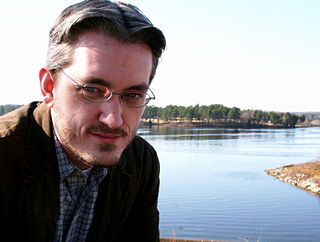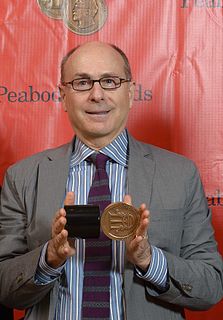A Quote by Susan Sontag
Persons who merely have-a-life customarily move in a dense fluid. That's how they're able to conduct their lives at all. Their living depends on not seeing.
Related Quotes
Inspiration is everywhere - life, travel, childhood, nature - it depends on how you see it, how you can absorb the inspiration, and it depends on how your mind thinks. It could be a pattern on the floor that may be the next pattern I put on a cake, it just depends upon how you take it, when you're seeing it and what you're looking for.
We all have that moment in life when something terrible happens for the first time. Something so unexpected, so awful, that it takes the magic out of the world. Life becomes harder, colder. And everything we do in our lives, from that day on, is our way of coping with that one moment. We stop living and we merely exist. We either choose to move on from that, or we let it consume us.
I love writing songs with people, which is about really taking risks, throwing yourself over the falls and really seeing what you're made of and seeing how it sticks. Seeing how others react to it, and seeing also how it can become a melody and how it can really take off from your experience. It's a way of seeing life unfold on the page before me.
The Tao asks you to clearly see the parallels between you and this naturally flowing substance that allows life to sustain itself. Live as water lives, since you are water. Become as contented as the fluid that animates and supports you. Let your thoughts and behaviors move smoothly in accordance with the nature of all things.
We ought, all of us, to realize each other in this intense, pathetic, and important way. If you say that this is absurd, and that we cannot be in love with everyone at once, I merely point out to you that, as a matter of fact, certain persons do exist with an enormous capacity for friendship and for taking delight in other people's lives; and that such persons know more of truth than if their hearts were not so big.



































